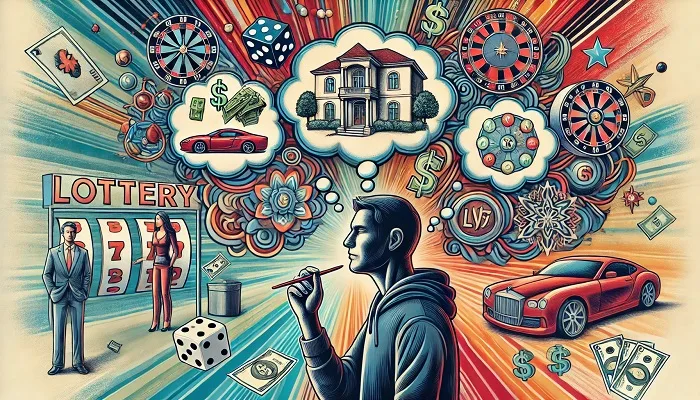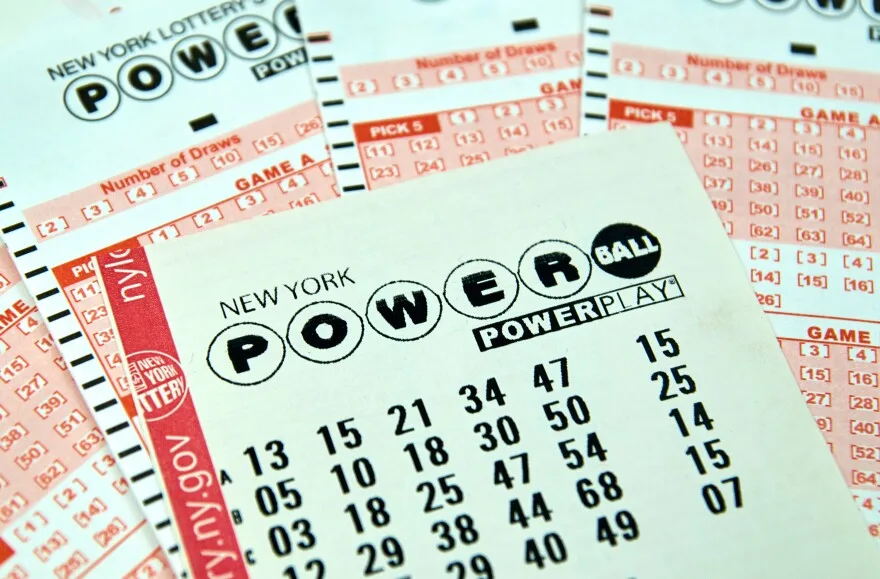
The Psychology Behind Lottery Play: Why We Gamble
Lotteries have been a popular form of gambling for centuries, drawing millions of participants worldwide. The psychology behind lottery play is complex, involving a mix of hope, excitement, and the allure of instant wealth. This article delves into why people are so attracted to lotteries, examining the underlying psychological factors that drive this form of gambling.
The idea of winning a life-changing sum of money for a relatively small investment is a powerful motivator. For many, purchasing a lottery ticket is a way to dream about a different life, free from financial worries. The psychological concept of ‘hope’ plays a significant role here. People buy lottery tickets not only because they believe they might win, but also because the act of playing allows them to indulge in fantasies about what they would do with their winnings.
The Role of Randomness and Risk
At the heart of lottery play is the concept of randomness. The draw is entirely unpredictable, and each ticket has an equal chance of winning. This randomness creates a thrilling sense of uncertainty, which can be highly appealing. The risk involved in lottery play is minimal compared to other forms of gambling, such as poker or sports betting. This low-risk factor makes it accessible and attractive to a broader audience.
Moreover, lotteries often use various psychological strategies to enhance their appeal. For example, the use of large, eye-catching jackpots creates a sense of urgency and excitement. The marketing of lotteries frequently emphasizes the potential for a big win, which can override rational considerations about the low probability of winning.
Social and Cultural Influences
Lottery play is also heavily influenced by social and cultural factors. In many societies, playing the lottery is a normalized activity, often seen as a harmless form of entertainment. Social proof, or the idea that people are influenced by what others do, plays a significant role here. When people see friends, family, or celebrities participating in lotteries, they are more likely to join in.
Cultural attitudes towards gambling can also impact lottery participation. In some cultures, gambling is viewed as a legitimate way to improve one’s financial situation. In others, it may be seen as a morally acceptable form of entertainment, provided it is done in moderation. These cultural perspectives shape individuals’ attitudes towards lottery play and their likelihood of participating.
The Illusion of Control
A fascinating psychological aspect of lottery play is the ‘illusion of control.’ This is the belief that one can influence the outcome of a random event. Many lottery players have rituals or superstitions they believe will increase their chances of winning, such as choosing specific numbers or buying tickets from ‘lucky’ locations. This illusion of control can make the lottery more engaging and enjoyable, as it gives players a sense of agency and involvement.
Even though the lottery is purely a game of chance, the illusion of control can lead people to develop and maintain habits around playing. This reinforces the behavior and keeps them coming back, despite the low odds of winning.

Escapism and the Dream of a Better Life
For many, playing the lottery offers a form of escapism. The act of buying a ticket and imagining a different, more prosperous life provides a temporary reprieve from daily struggles and financial pressures. This psychological escape can be incredibly appealing, especially during tough economic times.
The dream of a better life is a powerful motivator. The lottery represents a chance, however slim, to drastically change one’s circumstances. This hope for a brighter future can be a significant driver behind why people continue to play, despite the odds.
The Impact of Small Wins
Another factor that keeps people playing the lottery is the occasional small win. While these wins are not life-changing, they provide positive reinforcement that can encourage continued play. The excitement of winning, even a small amount, can be enough to keep players coming back for more.
These small wins create a feedback loop where the thrill of winning reinforces the behavior of playing. Over time, this can lead to regular participation, as players chase the high of another win, no matter how small.
